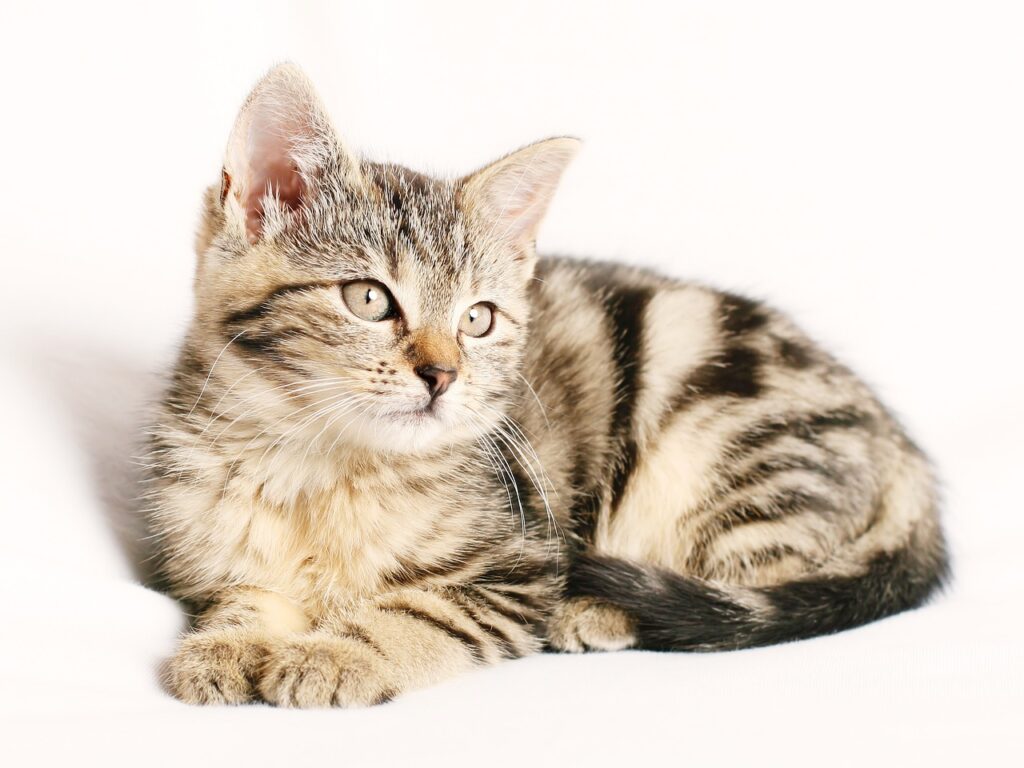Can Cats Eat Pomegranate? – No, They Can’t
When it comes to feline dietary choices, pomegranate is a fruit that should stay off the menu. Although visually appealing and full of nutrients for humans, this particular treat isn’t suitable for your furry friend due to its potential to cause digestive upset.
Is It Safe for Kittens to Consume Pomegranate?
No, kittens should also avoid pomegranate. These young ones have even more delicate digestive systems than adult cats, and introducing pomegranate into their diet could lead to uncomfortable and possibly dangerous health issues.
Risks Associated with Feeding Pomegranate to Kittens
Feeding pomegranate to kittens carries risks like diarrhea and vomiting. A kitten’s developing immune system and digestive tract are not equipped to handle the complex compounds found in this fruit, which could lead to significant discomfort and potential dehydration, a critical concern for kittens.
Why Pomegranate is Not Recommended for Cats
Potential for Digestive Issues
Pomegranates contain compounds and acids that cats’ digestive systems aren’t designed to process. This can quickly lead to gastrointestinal upset, such as diarrhea or vomiting, which can cause dehydration and nutrient depletion if severe.
Risk of Intestinal Blockage
The seeds of the pomegranate can create blockages within a cat’s intestines. These small but firm seeds may not be properly digested, resulting in an intestinal obstruction that could require veterinary intervention.
Presence of Antioxidants
Although antioxidants are beneficial for humans, in cats, the high levels found in pomegranates can be overwhelming to their system. Cats require a specific balance of nutrients, and the introduction of large amounts of antioxidants can disrupt this balance.
Known Health Issues in Cats from Consuming Pomegranate
Eating pomegranate can lead cats to experience symptoms like lethargy, abdominal pain, and digestive distress. Prolonged exposure or significant consumption can exacerbate these symptoms and lead to more serious health complications.
What to Do If a Cat Has Consumed Pomegranate?
- Monitor the Cat Closely: Keep an eye on your cat for any signs of distress, and notice if they show symptoms like vomiting or diarrhea.
- Provide Fresh Water: Ensure they have access to plenty of fresh water to prevent dehydration.
- Consult a Veterinarian: If symptoms appear or if the cat has consumed a large amount, contact your veterinarian for advice on the next steps to take.
Safe Alternatives to Pomegranate for Cats
Instead of pomegranate, consider offering cat-safe options like bite-sized, vet-approved commercial treats or small portions of cooked, lean meats without any added seasonings or sauces. Always consult your vet before introducing new foods to your cat’s diet.
Conclusion
In summary, while pomegranates are a superfood for people, they are not a wise choice for feline consumption. Prioritize your cat’s health and well-being by sticking to a cat-friendly diet and consulting with a veterinarian before making any changes to their eating habits.



